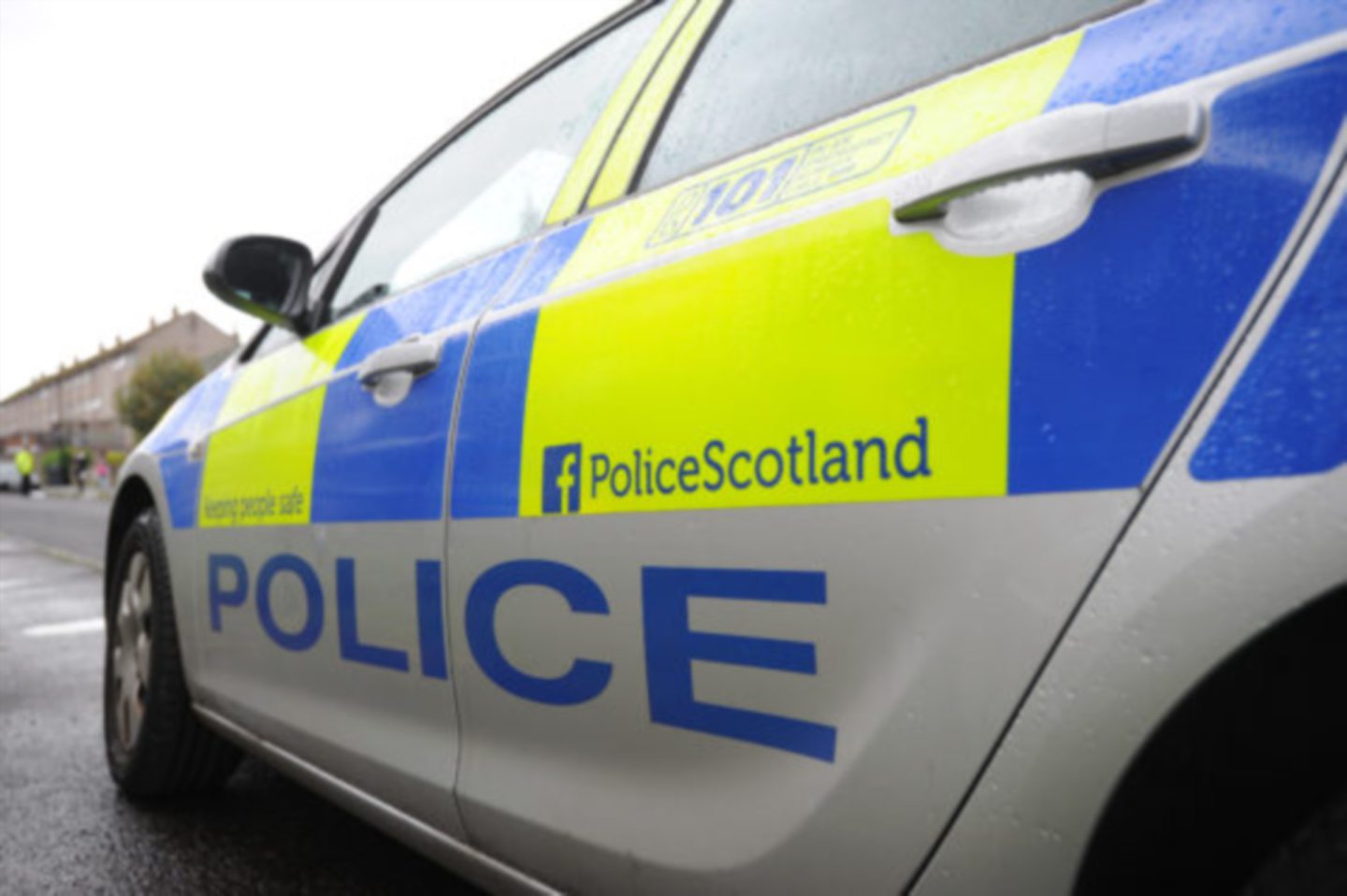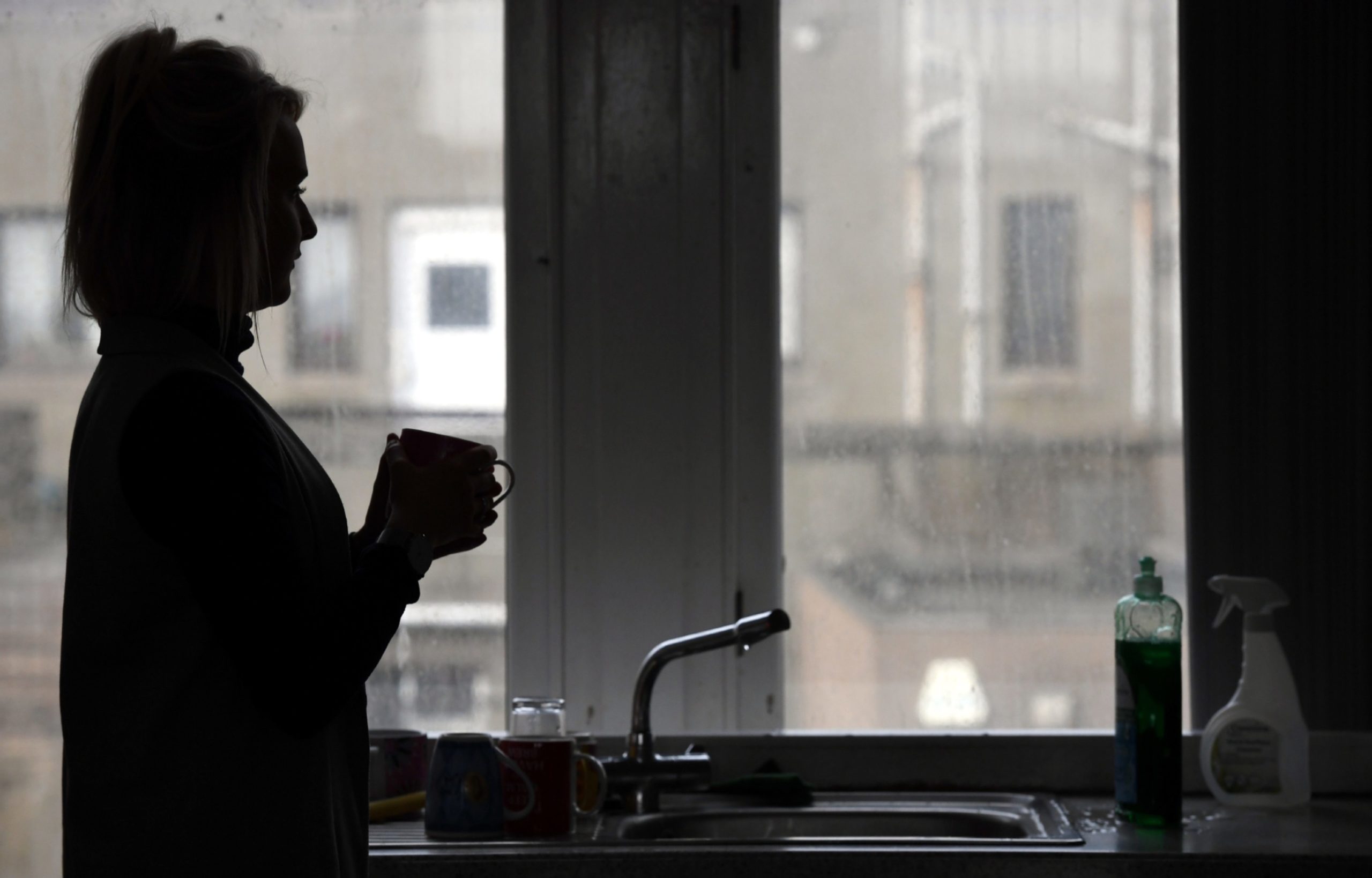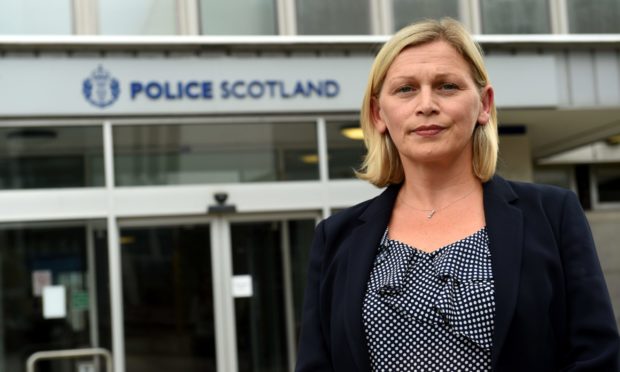An Aberdeen man, whose home was taken over by drug dealers, has hailed the support given to him by police and social workers to turn his life around.
David – a false name chosen to protect his identity – was preyed upon by criminals only last year but has since even found the strength to send his abuser packing.
His story has been shared to highlight the support made available to victims of so-called cuckooing.
What is cuckooing?
The practice has been an established problem in the north-east for approaching two decades, with gangs from the north of England viewing the Buchan area and Aberdeen as ideal targets.
They either use the homes as a base for their dealers or to store drugs in the area, in “terrifying circumstances” as a leading north-east detective told The P&J.
Cuckooing is closely associated with remotely-operated drug peddling schemes known as county lines, named as bosses use a single phone line – from miles away – to direct an illicit setup run on blackmail and extortion.
DCI Finn McPhail said: “Rising case numbers don’t mean more people are being exploited than before but do show an increase in awareness and reports.
“I’ve worked in this field for a long time and this is the most effective we have been, focusing on the victims – which has had a disruptive effect on organised crime groups as well.”
David only realised his lodger was selling drugs from his home when he took the police back to his on a completely unrelated matter.
The man had been introduced to him through another, who had “befriended” him at a time he was lacking confidence, struggling financially and unemployed.
The house guest was meant to stay for only a few days while he found a place of his own but it was months before he was removed by officers.

‘Looking back I can see I was being taken advantage of’
He said: “They met the man in my address and asked his name, he refused to give it.
“It was then I got concerned and wondered why someone wouldn’t give their name to the police, who took him away.
“I was later assisted by the police regarding the man being in my flat, as I realised he had been staying with me and was involved in drugs.
“I didn’t feel confident enough to ask how his accommodation search was going so didn’t press him on leaving, it was the same when he used me to drive him around but never allowed me to leave the car.”
Police put David in touch with social workers and support organisations who help cuckooed victims.
They helped him find a job, overcome anxiety and find the “confidence to say no or question motives”.
“Looking back I can see I was being taken advantage of but I couldn’t at the time,” David said.
“I am now able to safeguard who comes into my property – he returned some time later and I had the confidence to give him his belongings and have him leave.”
How you can help police identify cuckooking victims

Police are appealing for the public’s help in identifying victims like David, warning an increase in people entering and leaving or in the number of cars and bikes outside a property might be a giveaway.
Signs of drug use, increased anti-social behaviour, littering around the building and a lack of healthcare visitors are all known signs too.
Coronavirus hindered the partnership – involving police, social workers, council housing teams, Alcohol and Drugs Action and others – working to help victims.
The loss of the ability to easily visit victims indoors in March, April and August in Aberdeen proved “a setback”, as engagement with support services is “very hard to gauge over the phone,” said DCI McPhail.
“But, by and large, there is an increasing number of visits and referrals.
“We have persevered with partners to ensure we still provide visits through the pandemic and at the beginning of December there was an 47.5% engagement rate – which is significantly higher than the 30% we are looking to achieve.
“Although this is a varying figure due to the potentially chaotic lifestyle of those involved in the programme, it indicates we are managing to reach those most vulnerable to this kind of activity and county lines groups.”
